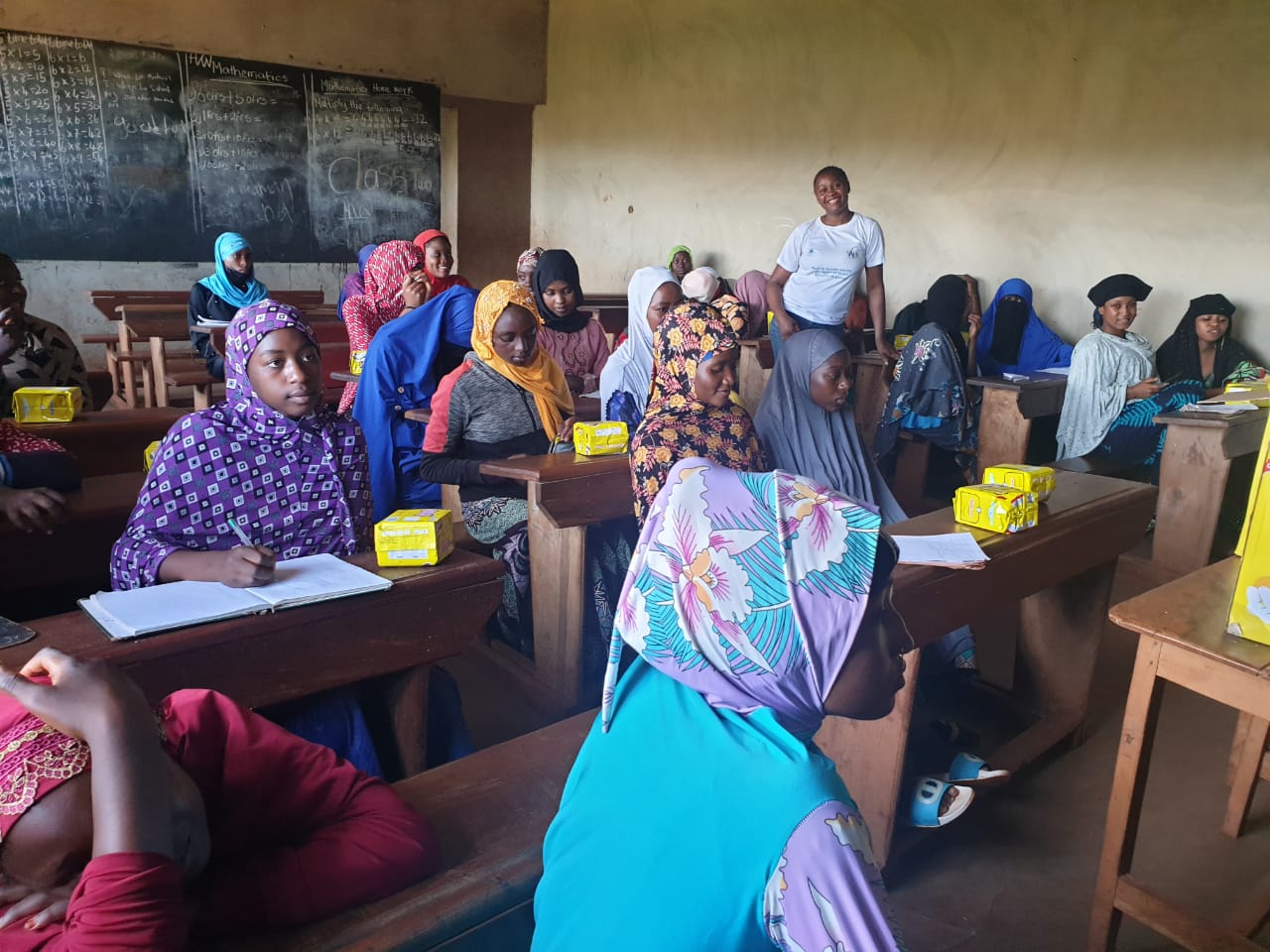Menstrual Hygiene Day
Period poverty describes the struggle many low-income women and girls face while trying to afford menstrual products. This refers to the increased economic vulnerability women and girls face due the financial burden posed by menstrual supplies. This is a global issue affecting women and girls who don’t have access to safe, hygienic sanitary products, and/or who are unable to manage their periods with dignity, sometimes due to community stigma. Period poverty has profound negative impacts on the lives of those who menstruate, including impacts on attendance in school, freedoms and choices, work and community life, safety, extreme lack of access to supplies or forgoing food and necessities in favor of menstrual supplies; and emotional stress and anxiety. Most young girls have their first menstruation without even knowing what it is and were very embarrassed during their first incident.
UNICEF estimates over 1.8 billion girls, women, and gender non- binary persons do not have the information or resources to manage their monthly cycle in a dignified, healthy way. In the context of this crisis in NOSO and the COVID-19 Pandemic, poverty, unjust social norms, gender inequality, cultural taboos, and lack of access to basic services cause menstrual hygiene needs to go unmet. Menstrual hygiene supply scarcity forces many girls in our communities to use unsanitary self old-fashioned materials such as dirty rags, ashes, and bed linings that are less-than-effective and can cause infection. These deprivations are exacerbated in this time and thus a need for urgent action. Many pre adolescent girls lack information and support before the transition to their first periods, leaving them unprepared to manage their period safely, confidently, and without the burden of societal stigma.
Value Health Africa with its mission to improve health and wellbeing in communities and with one of its main pillars of work being fostering sexual and reproductive health through research and institution of cost-effective strategies at community levels.
In line with the world Menstruation day celebrated on the 28th of May 2023 with the theme "Making Menstruation a normal fact of life by 2030". Value Health Africa was in Tongang 2 community to donate sanitary pads and give a health talk on Menstruation as a whole to the young 45 girls of that community with the AIM to Normalize menstruation and destroy the taboos surrounding as well as uplifting the barriers hindering the access by young girls and women to safe, hygienic menstrual supplies .
Topics developed during activities were
- What is Menstruation
- Irregular and Regular Menses
- Menstrual (WASH)
- How to use Sanitary or local napkins In commemoration of the menstrual hygiene day which is the 28th of May 2023 under the theme “making menstruation a normal fact of life by 2030”.
ONGLA DIANE PASCALINE
Assistante de Direction
